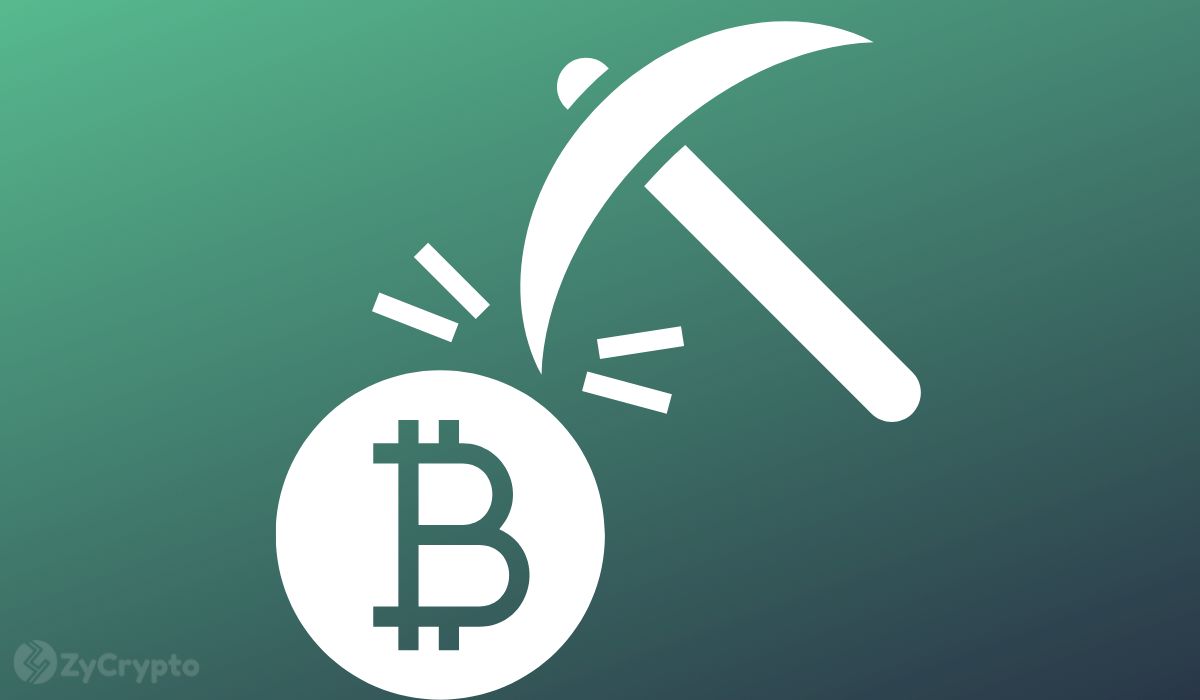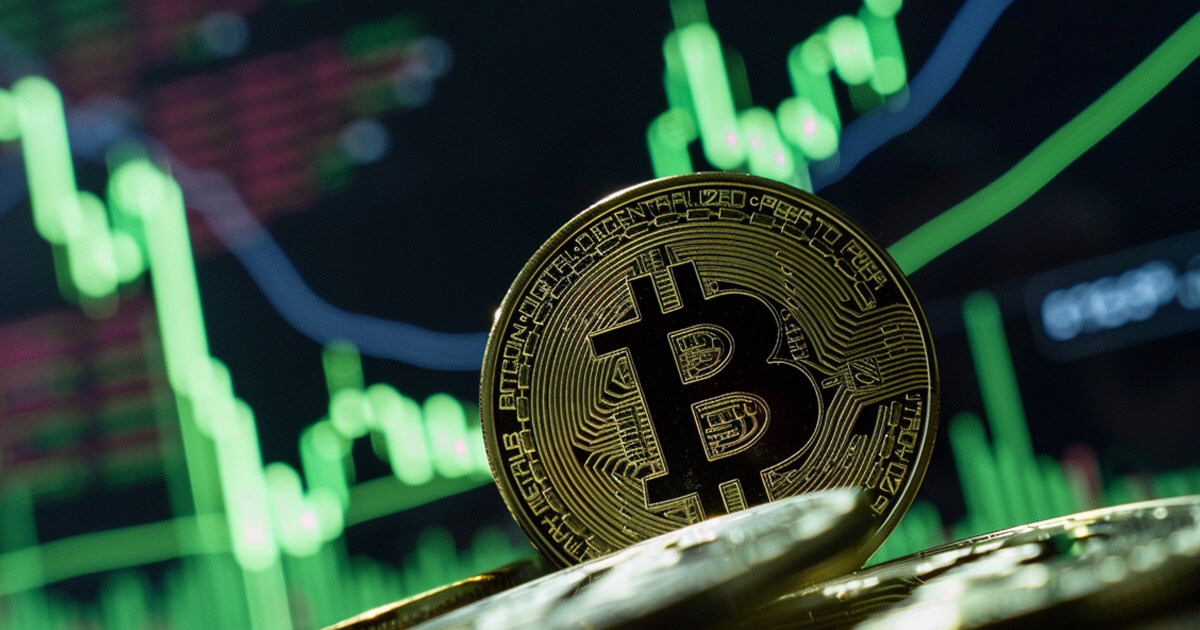2021-6-10 18:44 |
Bitcoin mining received a lot of attention when Bitcoin first made its appearance, and it remains a topical issue. Naturally, things have changed quite a bit since 2009, when Bitcoin first saw the light of day, and Bitcoin mining is certainly no exception.
As you may know, Bitcoin mining is the process used to generate new Bitcoins and add them into circulation, but that’s not all. Mining is also crucial to maintain and develop the blockchain. Bitcoin mining uses sophisticated computers that solve incredibly complex computational math problems. But how does Bitcoin mining work?
Key Takeaways Bitcoin is the world’s first cryptocurrency; it’s a virtual currency as there are no physical Bitcoins, only balances kept on a decentralized ledger. Bitcoin would not be possible without the introduction of blockchain; the decentralized online ledger records Bitcoin transactions on a network. All of the transactions on the ledger are transparent and cannot be reversed or edited. The approved transactions are grouped into a block and then tied together to create the blockchain. As Bitcoin is a form of currency, its uses are numerous and include payment for online services and products. You can also trade Bitcoin for other cryptos, hold Bitcoin as an investment, or you can bet on your favorite sport at an online casino that accepts Bitcoin as a depositing method. How to Mine BitcoinMiners effectively act as auditors that verify the legitimacy of Bitcoin transactions and receive newly-minted Bitcoin as payment. But it’s not as simple as that; to verify transactions requires an enormous amount of computational power, expensive hardware, and plenty of electricity.
Not all miners succeed in adding a block and earning Bitcoin, as the first miner to complete the mathematical problem will have the right to add the block to the chain and receive compensation.
Before you get started with Bitcoin mining, you’ll need to know how to mine bitcoins:
First off, you’ll need to purchase specialized mining hardware. The best type of hardware is Application-Specific Integrated Circuits (ASICs), although graphics processing units (GPUs) also work for other types of cryptocurrency mining, especially if you get the best mining cards for Ethereum mining. Bear in mind that a new ASIC device is expensive and ranges in price from several hundred dollars to tens of thousands of dollars. But that’s not your most significant expense when mining – ASICs consume an incredible amount of electricity that’s sure to see your utility bill skyrocketing and soon overshadow the cost of the device using it. You’ll then need to select Bitcoin mining software to connect to the Bitcoin blockchain and mining pools. You’ll be able to find free software and paid versions online. Lastly, you’ll need a Bitcoin wallet where you can safely store the Bitcoin you mined. You have a choice between hot and cold wallets. The latter offers more safety as your Bitcoin wallet is offline, and you hold the keys on hardware, whereas hot wallets store your Bitcoin in the cloud. Is It Hard to Mine Bitcoin?As previously mentioned, mining Bitcoin requires miners to verify Bitcoin transactions. Verifying transactions is done through a process of discovering the solution to a complex hashing puzzle.
The hashing puzzle (proof-of-work) requires that a miner’s hardware and software rig (mining rig) comes up with a “hash” that’s less than or equal to the target hash. A hash is a 64-digit hexadecimal number with each digit capable of holding a value of 1-10 and a-f. The first miner to complete the puzzle is eligible for Bitcoin.
To make matters even more complicated, those with the most mining power on the network are more likely to complete the puzzle in less time and receive Bitcoin than those with less mining power. The miner will receive 6.25 Bitcoins for every block mined, but if your mining rig only contains one mining card (GPU), you’ll account for less than 0.001% of the network’s mining power.
That’s why many miners join mining pools to add their resources to a group, and if that particular group completes a puzzle, they’ll share the Bitcoin earned between all the pool members.
You’ll need to be familiar with the blockchain before you’re ready to mine, and then you’ll need to spend a considerable amount on a ming rig that’s capable of handling the intensive computations. A reasonable GPU mining setup that you can build yourself consists of:
A motherboard, approximate cost $450 A CPU (central processing unit), approximate cost $125 RAM (random access memory), approximate cost $65 An SSD for storage, approximate cost $95 A PSU (power supply unit), approximate cost $100 A PCI-e Riser, approximate cost $60 A GPU (graphics processing unit) ranges in cost from $550 to $1,100.This mining rig only features one GPU, and you’ll be looking at an average cost of around $1,695. However, you won’t get far with only one GPU, as most mining rigs use a maximum of 19 GPU’s, driving the price up to around $21,000.
If you opt to purchase an ASIC instead of a GPU mining rig, you’re still looking at a minimum price of $2,000 up to five figures. Plus, one ASIC won’t suffice if you’re planning to mine on your own.
Is Bitcoin Mining Dangerous?The main risk of mining Bitcoin is that your income won’t be able to cover your expenses. For this very reason, it’s advisable to use a mining calculator to see if you’ll recoup your initial and ongoing costs before you get started. Your electricity costs will also be extremely high as mining rigs use plenty of processing and electrical power.
You’ll also have to ask yourself the question, “is bitcoin mining legal in my country or jurisdiction?” as several countries prohibit blockchain mining due to financial regulations and restrictions, not forgetting Bitcoin mining’s environmental impact.
Are Bitcoin Miners Worth It?Bitcoin mining is a highly specialized industry, and it’s unlikely that you’ll be able to earn Bitcoin alone; that’s why a mining pool is a viable option. But profit is not guaranteed as a mining rig’s profit share may be accepted or rejected based on several factors.
Several factors play a role in earning a profit, and many people opt to purchase Bitcoin after discovering the financial implications of mining. If it were that easy to earn 6.25 Bitcoins at the current price of $36,200 per Bitcoin, individual miners would be able to make $226,407 every ten minutes, but they certainly don’t.
Wrapping it upWithin this article, we looked at various questions ranging from “how does Bitcoin work?” to “how to mine cryptocurrency?” We highlighted that mining Bitcoin is a resource-intensive operation with high start-up costs and that there aren’t guarantees that your mining rig will be able to compete with pools that boast more mining power. So how do you get bitcoins, and how to make money with cryptocurrency? The simple answer lies in purchasing crypto on an exchange; you can choose to hold or trade your investment from here. But remember that, like Bitcoin mining, investing in crypto is a high-risk affair, and there are no guarantees in this volatile market.
origin »Bitcoin price in Telegram @btc_price_every_hour
Bitcoin (BTC) на Currencies.ru
|
|
















